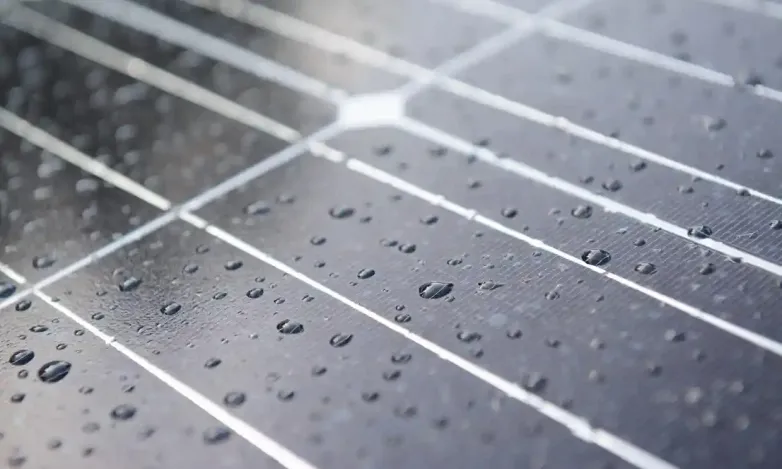Out of thin air: new solar-powered innovation produces hydrogen fuel from the atmosphere
- Researchers say their prototype produces hydrogen with more than 99% purity and operates in air as completely dry as 4% relative humidity

Researchers have developed a solar-powered gadget that produces hydrogen fuel directly from moisture airborne.
According to its developers, the prototype produces hydrogen with higher than 99% purity and can operate in air that is as dry as 4% relative humidity. The gadget would certainly enable hydrogen to be created without carbon discharges even in areas where water ashore is scarce, they say.
Hydrogen is a zero-carbon fuel that yields only water as a result when ignited. Nevertheless, pure hydrogen is not plentiful in nature and also generating it requires energy input. Large-scale production commonly includes fossil fuels that produce carbon discharges.
The research study's lead author and a senior lecturer in chemical engineering at the University of Melbourne, Dr Gang Kevin Li, said the hydrogen-producing device could be powered by solar or wind power.
A prototype produced hydrogen for greater than 12 consecutive days in a monitored test." [For] one of them, we left it to run on its own for eight months," Li said.
The device is included squishy material with a hygroscopic liquid-- fluid that absorbs moisture from the air, comparable in feature to silica gel sachets. The absorbed water molecules are then split at electrodes into hydrogen and oxygen gasses, a process referred to as electrolysis.
" Hydrogen is the utmost clean power ... as long as you have renewable resources of energy to electrolyse the water," Li said.
The gadget is approximated to produce as much as 93 litres of hydrogen a square metre a hr. "If you have 10 sq metres of this unit, you can power an entire house ... to replace your intake of gas in your home for cooking and home heating," Li said.
The prototypes are still only tiny in dimension, and also the group has strategies to produce 1 sq metre and also 10 sq metres units in the coming year.
The researchers imagine the device could be a helpful tool in areas where liquid water is not easily available for producing hydrogen. "Large parts of the world have water scarcity problems," Li said. "When you have great deals of renewable resource-- wind or solar-- you [commonly] do not have much fresh water for this type of hydrogen production."
Dr Kim Beasy of Swinburne University's Victorian Hydrogen Hub, who was not associated with the research study, said hydrogen fuel, while essential, was not a silver bullet for getting to web absolutely no. "We're coming to recognize that hydrogen is mosting likely to be one item of the puzzle," she said.
" It's mosting likely to offer us with direction out of some quite hard-to-mitigate industries such as transportation. We have no alternative to diesel presently ... hydrogen is a really great alternative."
The called for economies of scale were "probably not mosting likely to be reached with clean hydrogen straight away", Beasy said, pointing out the costly rate of traditional hydrogen electrolysers. "What we really require is extra federal government support as well as subsidies in reducing the cost of getting this technology on the ground."
The research study was published in the journal Nature Communications.
Also read
- RAG Austria’s 100-MW Hydrogen Project Gains EU PCI Status
- Africa’s Green Minerals Fuel Solar Growth While Value Leaves the Continent
- Shell locks green power for Germany’s Refhyne II hydrogen electrolyser
- Bosch Starts 2.5MW Electrolyzer, Meets EU Hydrogen Rules
- Spain sets demand-led grid plan prioritizing hydrogen, renewables by 2030

